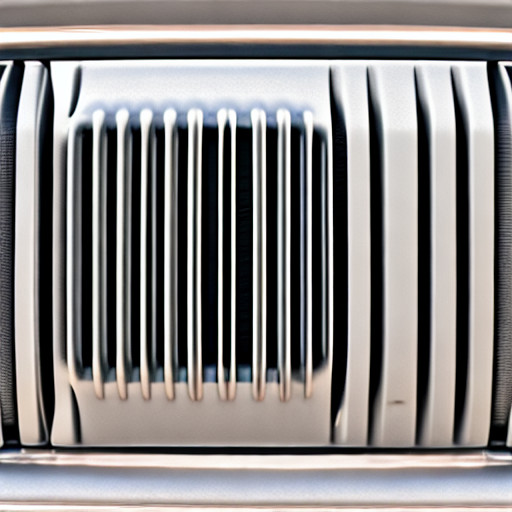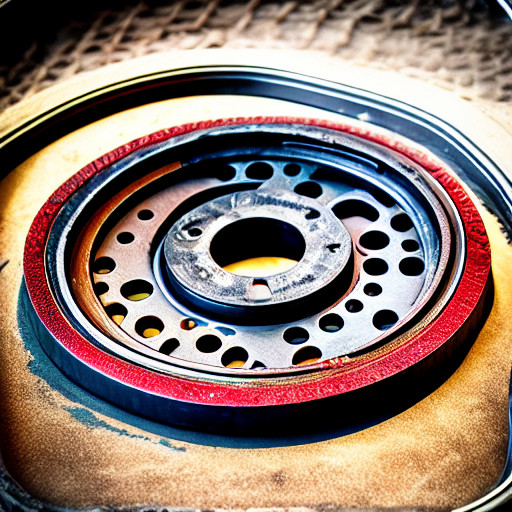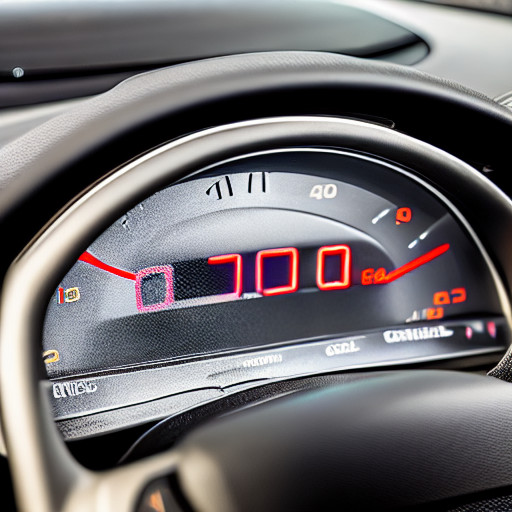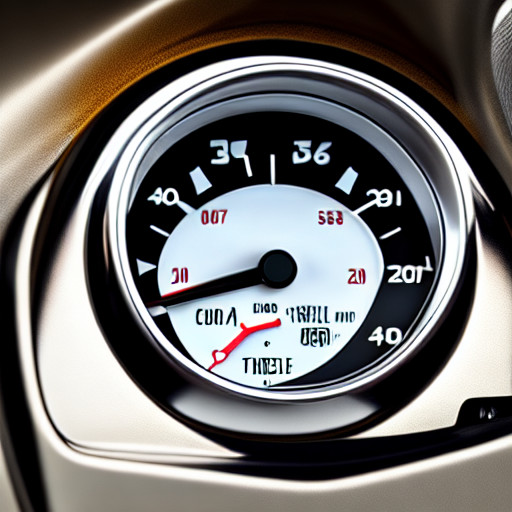One of the most common issues faced by car owners is overheating. It can be a cause for concern as it may lead to significant damage to the vehicle if not addressed promptly. Understanding ‘’how long can a car overheat before damage’’ is crucial for maintaining its longevity and performance.
In this article, we will explore the causes of car overheating, the consequences it can have, signs to look out for, factors affecting overheating time, immediate steps to take, long-term effects, preventive measures, the importance of regular maintenance, and when to seek professional help.
Causes of Car Overheating

Let’s dive into ‘’how long can a car overheat before damage’’. Car overheating can occur due to various reasons. Some common causes include a malfunctioning cooling system, low coolant levels, a faulty thermostat, a damaged radiator, a broken water pump, or a blocked radiator hose. Inadequate airflow to the engine, such as a malfunctioning cooling fan or a clogged air filter, can also contribute to overheating.
Consequences of Overheating

The question on every car owner’s mind is, How long can a car overheat before damage or why is my car overheating? It’s a valid concern, as overheating can have detrimental effects on the vehicle if left unaddressed. Understanding the time frame in which overheating can lead to damage is crucial for maintaining the health and longevity of your car.
When your car overheat before damage, it can result in severe consequences. The excessive heat can cause damage to the engine’s components, including the cylinder head, gaskets, and pistons. Overheating can also lead to a warped or cracked engine block, which can be an expensive repair. Additionally, overheating can cause the transmission fluid to break down, resulting in transmission failure.
Signs of an Overheating Car

When it comes to car overheating, the burning question is, “How long can a car overheat before damage occurs?” Recognizing the signs of an overheating car is essential to prevent further damage. Some common indicators include an increase in the engine’s temperature gauge, steam or smoke coming from the engine bay, a strong smell of coolant, strange noises from the engine, or coolant leakage. If you notice any of these signs, it’s crucial to take immediate action if your car’s engine overheated.
How Long Can a Car Overheat Before Damage?
How long can a car overheat before damage can vary depending on several factors. In general, if a car is continuously overheating, damage can occur between 30 to 60 seconds. However, the specific timeframe can be influenced by variables such as the outside temperature, the severity of overheating, the car’s make and model, and the overall condition of the cooling system.
Factors Affecting Overheating Time
Several factors can affect how long a can a car overheat before damage occurs. The outside temperature plays a significant role, as higher ambient temperatures can exacerbate the problem. The severity of the overheating also matters. Mild overheating might not cause immediate damage, but prolonged or severe overheating can lead to irreversible harm. The efficiency of the car’s cooling system, the coolant levels, and the engine’s condition also influence the overheating time.
What To Do if Car is Overheating?

Follow the guidelines how to fix overheating car? If your car starts to overheat, it’s crucial to take immediate action to prevent further damage. Firstly, safely pull over to the side of the road or a designated parking area. Turn off the engine and let it cool down for at least 30 minutes before attempting to check the coolant levels. If the coolant is low, carefully add coolant or water to the radiator or overflow reservoir.
However, it’s essential to avoid removing the radiator cap while the engine is hot to prevent injury from escaping steam. If the coolant levels are sufficient, or the problem persists, contact a professional for assistance.
Long-Term Effects of Overheating

Failure to address car overheating can result in long-term effects. Continuous overheating can cause the engine components to warp or crack, leading to costly repairs or even engine replacement. Overheating can also degrade the overall performance of the vehicle, resulting in reduced fuel efficiency and potential breakdowns. It is crucial to address the problem of car overheat before damage occurs promptly to avoid these long-term consequences.
Preventive Measures
To prevent car overheating, several preventive measures can be taken. Regular maintenance is key, including scheduled coolant flushes, radiator inspections, and thermostat checks. It’s important to monitor coolant levels and top them up when necessary.
Keeping the radiator and cooling system clean from debris, such as leaves or dirt, promotes proper airflow. Additionally, checking the condition of the radiator hoses and belts can help prevent unexpected overheating issues.
Importance of Regular Maintenance
Regular maintenance is essential to ensure your car’s cooling system functions optimally. It is recommended to follow the manufacturer’s guidelines for maintenance intervals and have your vehicle inspected by a qualified mechanic. Routine checks and servicing can identify potential issues before they escalate, saving you from expensive repairs and preventing overheating problems.
Seek Professional Help
While some overheating issues can be resolved with simple measures, there are instances where professional help is necessary. If your car continues to overheat even after taking immediate steps, it’s advisable to seek assistance from a qualified mechanic and ask why is my engine overheating? They have the expertise to diagnose and address complex cooling system problems and prevent further damage to your vehicle.
Frequently Asked Questions
How do you know if your engine is damaged from overheating?
There are a few signs that can indicate engine damage from overheating:
Elevated temperature gauge: If your temperature gauge is in the red zone or significantly higher than normal, it could be a sign of engine overheating.
Strange noises: Overheating can cause unusual sounds like knocking, pinging, or hissing, indicating potential engine damage.
Reduced performance: Engine power loss, sluggish acceleration, or difficulty maintaining speed may be a result of overheating-related damage.
Can low coolant cause overheating?
Yes, low coolant levels can contribute to car overheating. Coolant helps regulate the engine’s temperature, and insufficient levels can disrupt the cooling system’s efficiency.
How far can you drive an overheating car?
Driving a car when it’s overheating is not recommended, but if necessary, it is best to limit driving to the nearest safe location or service station. However, continuing to drive an overheating car can cause severe damage to the engine, potentially resulting in a complete breakdown or costly repairs. It’s essential to address the overheating issue promptly and avoid extended driving in this condition.
Can a engine be saved after overheating?
In some cases, an engine can be saved after overheating, depending on the extent of the damage. Swift action is crucial: allowing the engine to cool down, identifying and fixing the underlying cause, and assessing any necessary repairs. However, severe overheating can lead to irreversible damage, necessitating engine replacement or extensive repairs.
How much does it cost to repair an overheated engine?
The cost of repairing an overheated engine can vary depending on the extent of the damage and the car’s make and model. It can range from a few hundred dollars for minor repairs to several thousand dollars for severe engine damage.
What to do if my car is overheating then going back to normal?
If your car is overheating and then returns to normal, it is still important to address the issue. Check the coolant level, radiator, and hoses for any signs of leaks, and consider having the cooling system inspected by a professional to prevent further problems.
Conclusion
Understanding ‘’how long can a car overheat before damage’’ is crucial for every car owner. Overheating can lead to significant consequences and costly repairs if not addressed promptly. By being aware of the causes, signs, and preventive measures, you can take the necessary steps to maintain your car’s performance and avoid overheating-related issues. Remember to prioritize regular maintenance, seek professional help when needed, and promptly address any signs of overheating to ensure the longevity and reliability of your vehicle.
